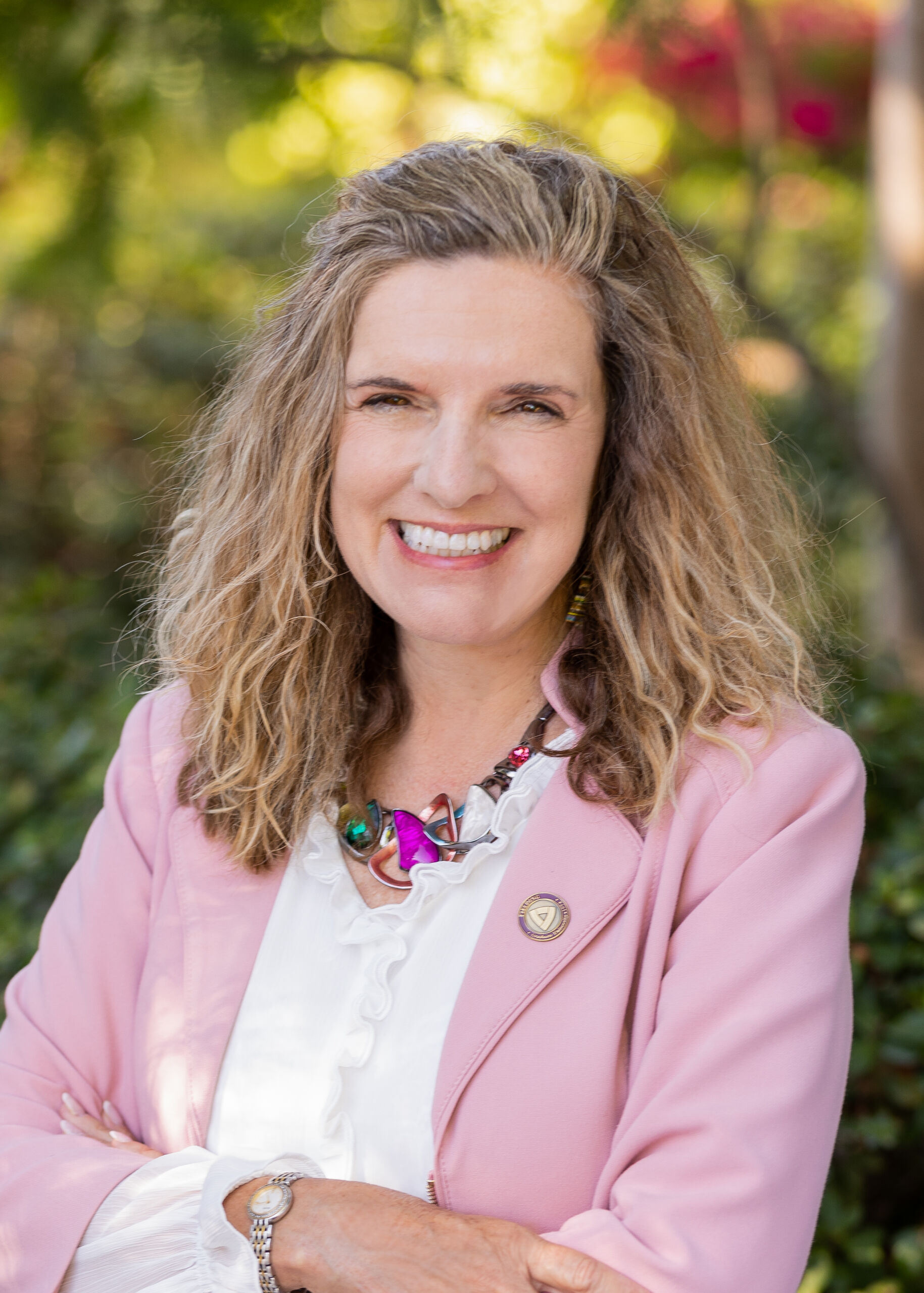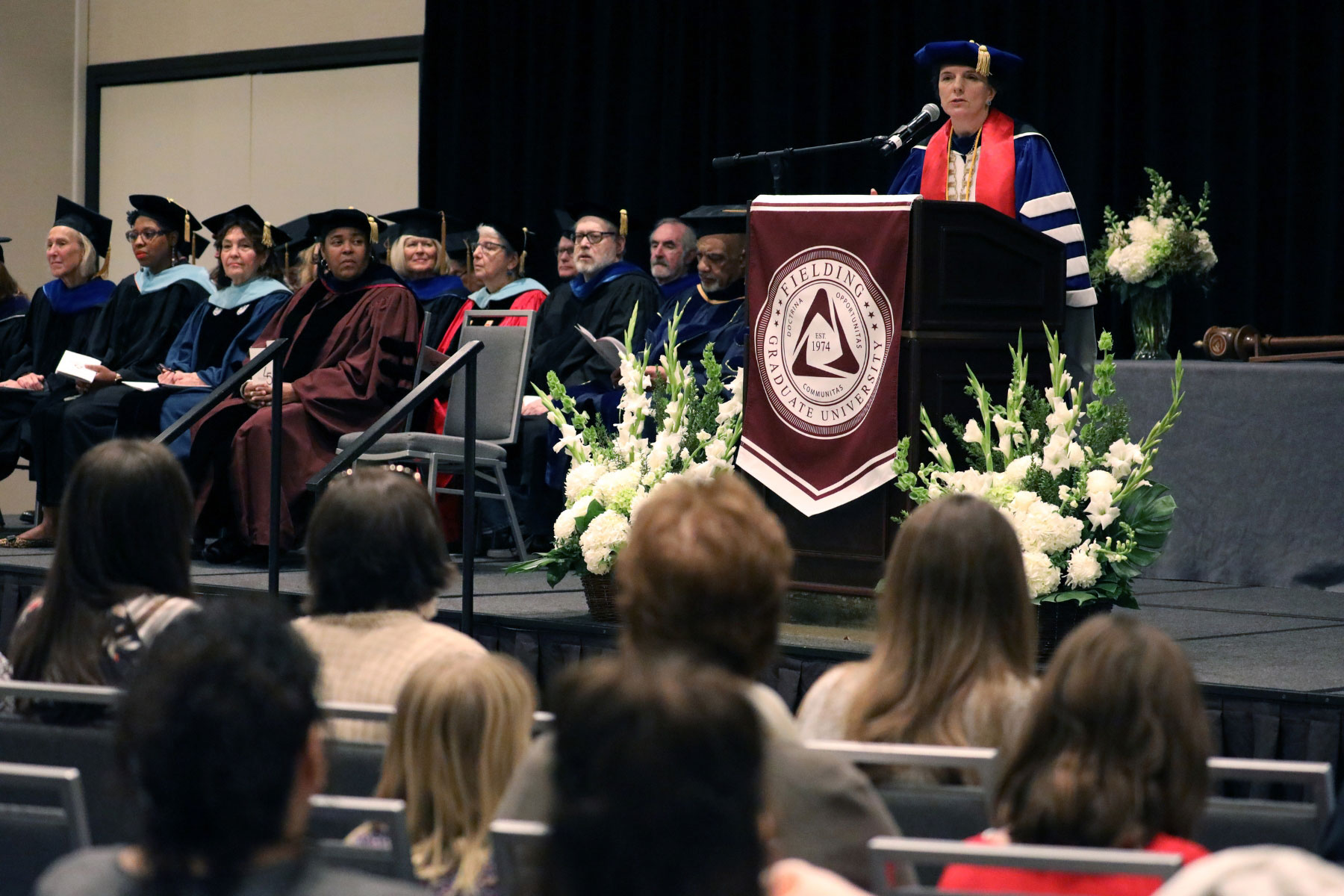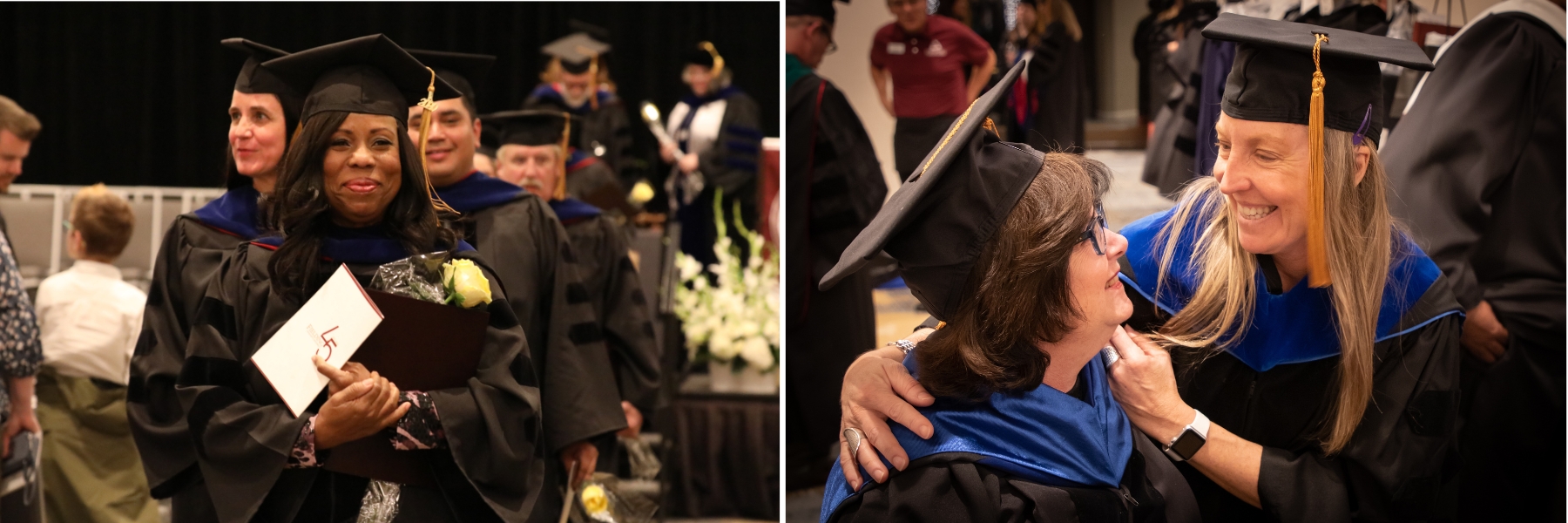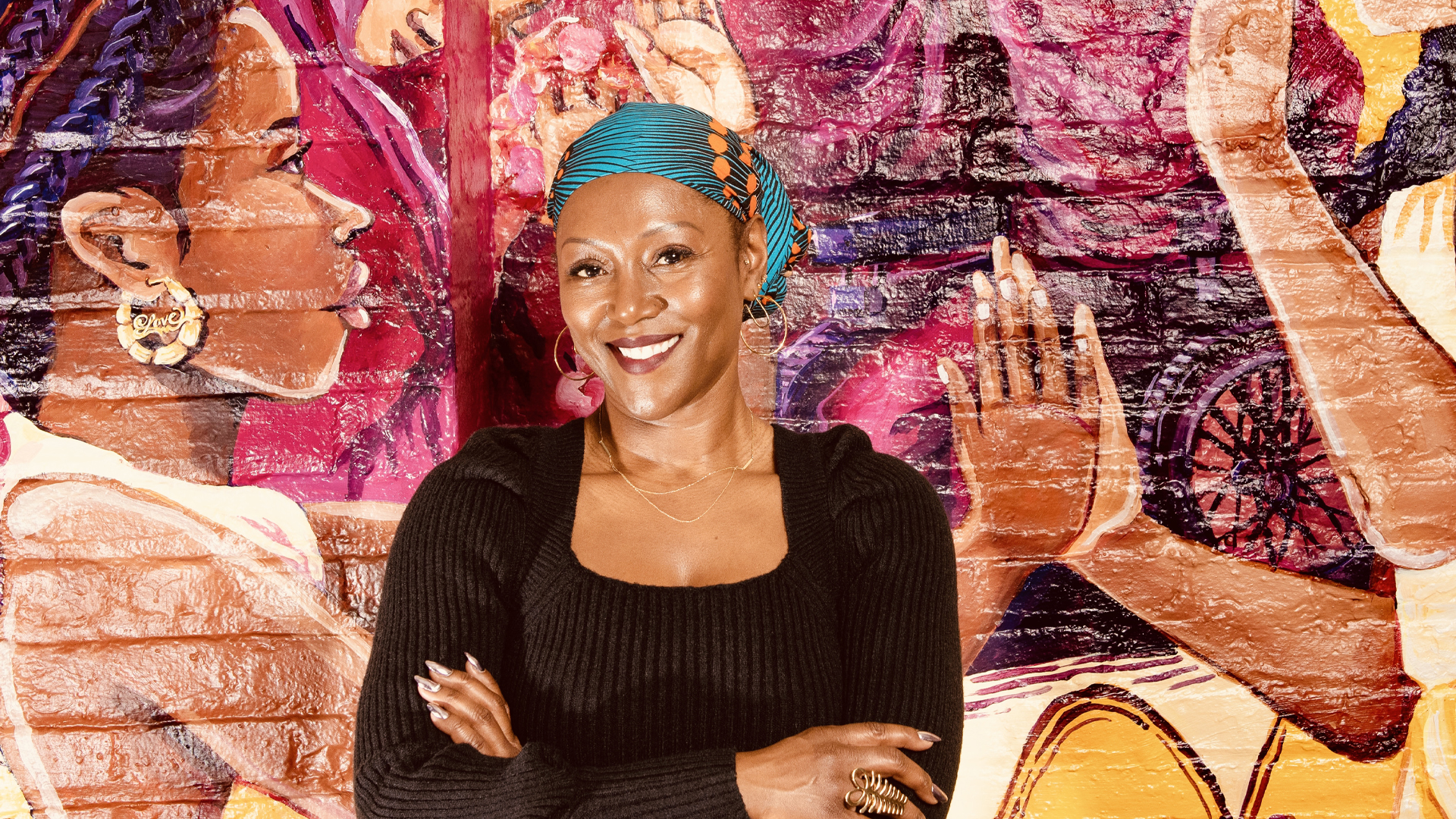An interview by Monica Lenches and Claudia Rucker for Hope Ranch Living
Dr. Katrina Rogers and I first met in a professional setting, and while our conversation was primarily focused on all things professional, there was a strong undercurrent of kindness and authenticity in everything she spoke about. Over the years, I have grown to admire and deeply respect her dedication to social and environmental change and the meaningful and effective ways in which she engages with our community and beyond as President of Fielding Graduate University.

Katrina S. Rogers, Ph.D.
By way of a short introduction, Katrina’s impactful career has included varying roles in the international non-governmental and educational sectors including executive, board member, teacher, and author of many articles and books on organizational leadership in sustainability. For a decade, she led the European campus for Thunderbird School of Global Management in Geneva, Switzerland, working with international organizations such as the Red Cross, World Trade Organization, United Nations Development Program, and the European Union. She also serves on the Boards of the Toda Institute for Global Policy & Peace Research and the Public Dialogue Consortium. She received her B.A. from Albertus Magnus College, M.A. from Eberhard-Karls-Universität Tübingen, Germany and her Ph.D. from Northern Arizona University.
ML: Tell us about Fielding Graduate University.
KR: Fielding is a home-grown institution, founded in Santa Barbara in 1974 by faculty at UCSB and other places. It is a graduate institution focused on adult learners, that is, generally early to mid-career professionals who would benefit from a graduate education that enables them to craft professional and personal lives that make a positive difference for others.
We have doctoral programs in clinical psychology, early infant and childhood development, media psychology, organizational leadership, and education. Our learning model is distributed, which means that our students and faculty are in different parts of the country and work and learn together. Once the internet was invented, we incorporated virtual learning tools into our mentor-based model.

President Katrina S. Rogers, Ph.D.
KR: When I was young, I was diagnosed with Multiple Sclerosis, then known as a chronic and debilitating illness. During a long process of making meaning of this difficult experience, I decided that, if I were to get better and be able to participate in life, I wanted to live a life of meaning by making a positive difference for other people, either through education or non-profit work more generally.
ML: As I’ve gotten to know you over the years, it’s not surprising to me that you would be associated with an organization that is strongly mission-driven and value-based. What are your Fielding’s mission and values?
KR: We believe in an education that puts learners at the center of their experience and values the power of transformation through learning and a graduate education as a vehicle for positive social change. Our mission is to provide exemplary interdisciplinary programs for graduate students that is founded on a mentor-based learning model that is student-centered.
Our programs are grounded in the following values:
- Academic Excellence: We commit to the highest quality scholarship, research, and practice.
- Community: We support a collaborative learning environment built on inclusion and mutual respect.
- Diversity: We commit to having a faculty, staff and student body that is diverse and inclusive. We embrace and celebrate the wisdom, knowledge and experiences of our diverse community.
- Learner-centered Education: We create an interactive experience that responds to the interrelated personal and professional lives of our students.
- Social Justice: We commit to advancing equality and justice in our University, and in the local, national, and global communities impacted by our work.
- Transformational Learning: We inspire a re-examination of one’s worldview and underlying assumptions to enable a deeper understanding of self and society.
ML: Can you give us some examples of what it looks like to operationalize or live those values on a daily basis?
KR: Every day, our faculty strive to create a personalized learning environment for our graduate students. Through building community across time and distance, our students become adept in their fields of expertise and learn the skills to take on life’s greatest challenges, whether it be in clinical settings, organizations—both corporate and non-profit–, or educational systems. For example, our faculty offer intensive seminars in which students can work with local non-profits to identify challenges and map out solutions to difficult organizational issues. In other programs, faculty support students during their clinical training.
ML: Among the many educational institutions in Santa Barbara, what makes Fielding different?
KR: Santa Barbara is awash in great educational institutions, all of which serve different constituencies. Fielding’s piece is that we focus on adult learners who want a graduate educational experience that both teaches them a set of skills and broadens their perspective as they develop themselves and decide how they may best serve in their communities and in their work.
Over the years, Fielding has partnered with many local organizations, such as the Fund for Santa Barbara, Santa Barbara Education Foundation, and CALM. Our alums have gone on to establish the Pacifica Graduate Institute and Antioch University, Santa Barbara, and many of our students and alums work in mental health, education, the nonprofit sector, and government and are business owners in our community.
ML: What’s your vision for the future of Fielding, and how can the community get involved in supporting that vision?
KR: Fielding is on the move! More and more people see graduate education as an important factor in their success. Please join us for our public presentations and other community events offered January locally in Santa Barbara. Now that groups are reconvening, we hope to see community members at an event in the coming year. For those who may be interested in supporting our efforts to create social change in the world, please visit us at www.fielding.edu.
To learn more about the benefits of a Fielding education or ways to contribute to Fielding’s mission, please feel free to reach out to Elena Nicklasson at 805-898-2926 or President Rogers at president@fielding.edu.
reprinted by permission from https://www.monicalenchesre.com/communitymattersmay2023/
Join Over 7,500 Fielding Alumni Located Around The World!
Change the world. Start with yours.™







Get Social